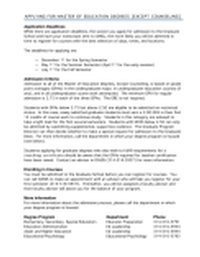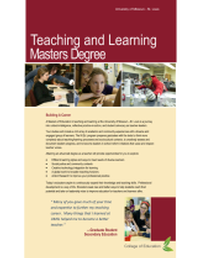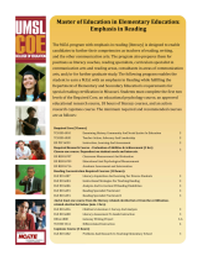Specialize in Literacy
A 30-hour, online/campus-based program preparing literacy coaches, reading specialists, and curriculum specialists. Includes 24 of the 36 hours required for Missouri add-on, K-12 Special Reading Certification

The Master of Arts in Elementary Education, emphasis in Literacy provides elementary school teachers with advanced knowledge of research, theory and practice in reading and language arts, with a strong emphasis on teaching literacy to students who are in diverse settings. This program prepares beginning teachers to teach literacy and to integrate literacy instruction within and across content areas. It also prepares experienced teachers to become literacy specialists or literacy coaches through our Literacy Specialist program (K-12).
Teachers in this program take literacy courses with professors who are nationally and internationally known experts in the field of literacy education. These courses include the latest research and teaching strategies for preparing students to be literate with 21st century literacies, three of which are clinical courses that are associated with the Burnett Literacy Clinic. The Literacy Clinic is a collaborative learning site that focuses on the preparation of future teacher leaders and researchers. Teachers in the Literacy Clinic provide reading and writing assessment and instruction to children, adolescents and adults in the community. They also design family literacy practices with parents who come to the Clinic. Teachers enrolled in the Masters of Elementary Education, emphasis in literacy program have the opportunity to use the resources associated with the Literacy Clinic. These resources include: the newest instructional videos in the field of literacy education; a multicultural, leveled book room; and each year the Literacy Clinic invites a literacy researcher to campus to share new advances in the field.
Many of the teachers in this program also work toward their state Reading Certification, an endorsement that positions teachers to assume leadership roles in literacy coaching, curriculum and instruction or professional development.
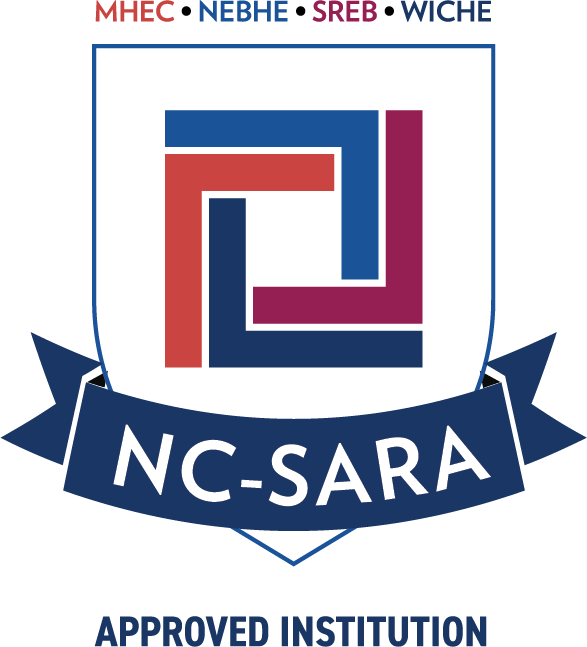
National Council for State Authorization Reciprocity Agreements (NC SARA)
To determine if this program meets the reciprocity requirements for like state educational certification programs outside the state of Missouri, follow this link for further contact information and resources.
Marty Woytus & Kristel Schlemper
p: (314) 516-5937
- Deadlines to Apply:
- Fall - July 1
- Spring - December 1
- Summer - May 1
News
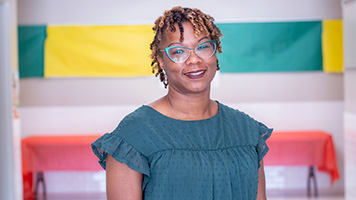 Education alumna Deitra Colquitt selected for Voices of Change Writing Fellowship
Education alumna Deitra Colquitt selected for Voices of Change Writing Fellowship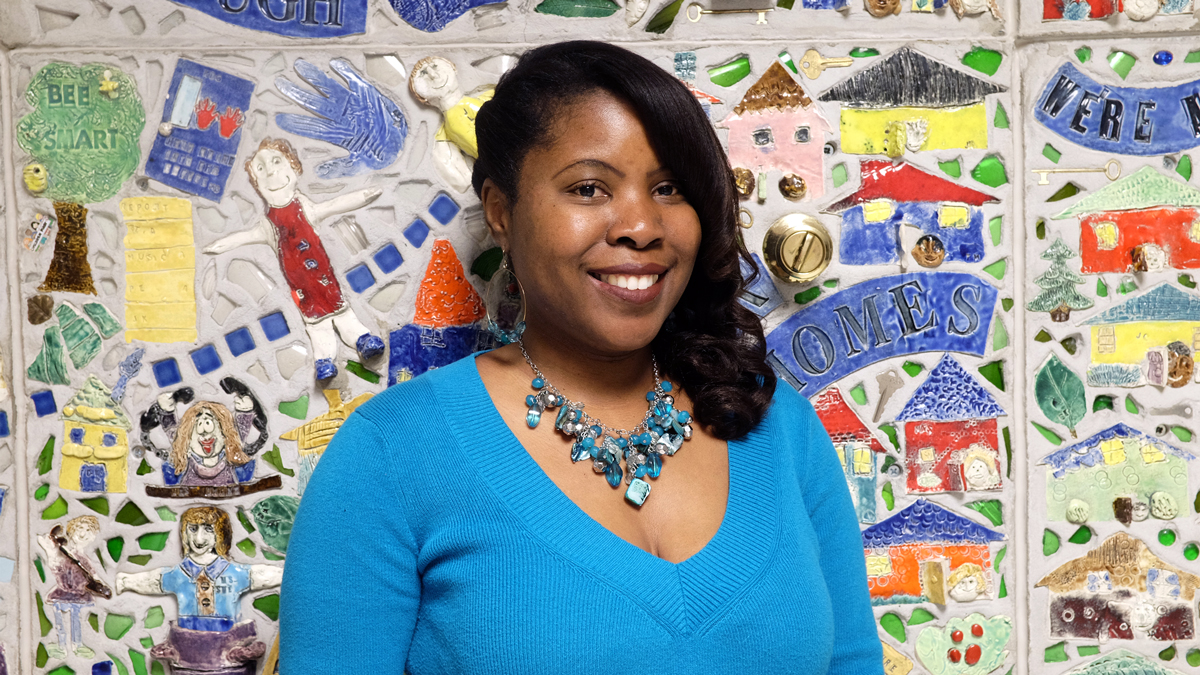 Education alumna Kendra Vaughn’s creative teaching gets kids reading
Education alumna Kendra Vaughn’s creative teaching gets kids readingAdmission Requirements
Applicants must meet the general graduate admission requirements of the Graduate School, described in the UMSL catalog. Students are considered for admission to the graduate program in Education only after they have formally applied for admission through the Graduate School. Applications may be completed on-line.
Degree Requirements
To be recommended for Missouri Department of Elementary and Secondary Education Special Reading Certification K-12, teachers must have a valid Missouri teacher’s certificate, two years of approved classroom teaching experience as determined by DESE, successful completion of any required DESE assessments, and the following:
- A course(s) in child and adolescent psychology (3-6 hours)
- A course in psychology/education of exceptional child (3 hours)
- A course in reading in the content area (3 hours)
- A course in language acquisition or development specifically targeting children with special needs (3 hours)
- A course in behavior intervention strategies (3 hours)
- A course in counseling techniques (3 hours)
These certification requirements may be in addition to the courses listed in the program of study above. Students should consult their graduate advisor for information about these courses.
| Required Core | ||
| Candidates are required to complete the following courses within the first 15 hours of study: | ||
| TCH ED 6010 | Examining History, Community and Social Justice in Education | 3 |
| ED PSY 6030 | ||
| Required Evaluation of Abilities and Achievement Course | ||
| ED REM 6716 | Academic Assessment and Intervention | 3 |
| Required Capstone Course | ||
| The capstone course is completed at the end of the program. | ||
| ELE ED 6482 | Problems and Research in Teaching Elementary School | 3 |
| Total Hours | 9 | |
Specific Requirements for the Emphasis Area
In addition to the required courses above (12 hours), candidates seeking an Emphasis in Reading are required to complete the following coursework (18 hours) for a program total of 30 hours.
| ELE ED 6387 | Literacy Acquisition and Learning for Diverse Students | 3 |
| ELE ED 6684 | Instructional Strategies for Teaching Reading | 3 |
| ELE ED 6686 | Analysis and Correction of Reading Disabilities | 3 |
| ELE ED 6493 | Reading Specialist Practicum I | 3 |
| ELE ED 6494 | Reading Specialist Practicum II | 3 |
| Literacy Related Elective | 3 | |
| Total Hours | 18 | |
Total: 30 hours
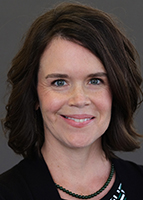
Rebecca Rogers, Ph.D.
E. Desmond Lee Endowed Professor in Tutorial Education
Dr. Rogers is an educational researcher who specializes in literacy studies, teacher learning and critical discourse studies. Her research focuses on the socio-political contexts of literacy and language education and situates critical discourse analysis within an ethnographic tradition. She has published seven books and over 80 articles and chapte...
- Teaching 113
- National Council for State Authorization Reciprocity Agreements (NC SARA) 57
- Master's 51
- Educator Preparation and Leadership (EDL) 110
- Fieldwork Included: Internship and/or Practicum 74
- Main Campus 133
- Elementary Education 22
- Language, Literacy, and Culture 12
- DESE Special Reading (Grades K-12) Certification 2
- Certification 75
- Graduate 115
- Masters 38

